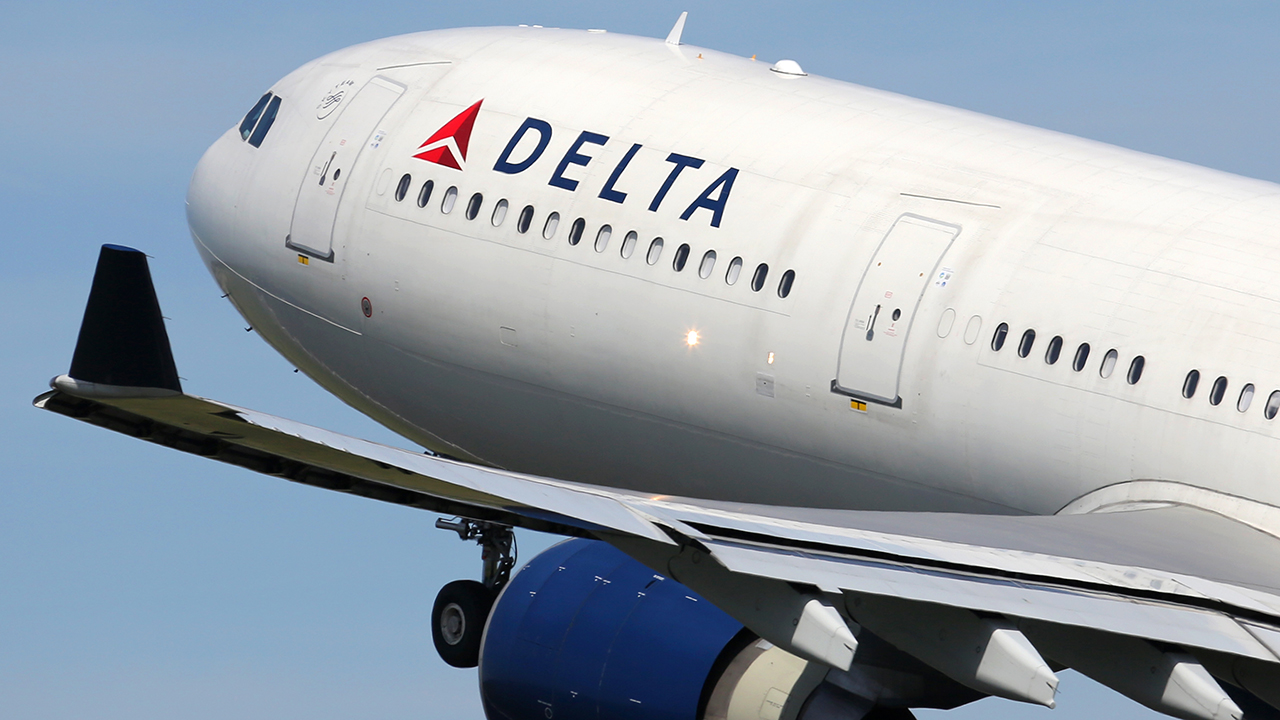Delta Projects Strong Finish to 2025 as Premium Travel and Higher Fares Boost Profits

Delta Air Lines expects a stronger-than-forecast end to 2025 and a solid start to next year, driven by steady demand for luxury travel and rising ticket prices. The Atlanta-based carrier said resilient premium bookings helped it outperform expectations and regain pricing power after months of pressure from overcapacity and soft consumer confidence.
On Thursday, Delta projected adjusted fourth-quarter earnings between $1.60 and $1.90 per share, exceeding Wall Street’s consensus estimate of $1.65 per share, according to LSEG. The company also forecast revenue growth of up to 4% for the final quarter of 2025, well above analysts’ projection of 1.7%.
CEO Ed Bastian said in a statement that Delta is entering 2026 positioned for “top-line growth, margin expansion, and continued earnings improvement” in line with its long-term plan.
Premium Travel Lifts Profits
Delta’s third-quarter profit rose 11% to $1.42 billion, or $2.17 per share, compared with $1.27 billion, or $1.97 per share, a year earlier. On an adjusted basis, profit climbed 15% to $1.71 per share, easily topping analyst expectations of $1.53. Adjusted revenue rose 4% year over year to $15.2 billion, also ahead of estimates.
The airline’s premium travel segment — which includes first class and extra-legroom economy — once again outperformed the main cabin. Premium revenue grew 9% to nearly $5.8 billion, while economy-class sales fell 4% to about $6 billion.
“There’s no indication of a consumer pullback when it comes to premium products,” Bastian said, noting that demand for comfort and exclusivity remains steady despite economic uncertainty. Delta’s president Glen Hauenstein added that revenue from premium offerings is expected to surpass main-cabin sales in 2026, a milestone that underscores the airline’s ongoing shift toward higher-margin travelers.
Economic Tailwinds and Market Reaction
Delta attributed part of its recent momentum to stronger cash sales beginning in mid-2025, following a slowdown early in the year tied to economic jitters and the initial impact of President Donald Trump’s tariffs. “Starting in July, cash sales picked up,” Bastian told reporters, signaling renewed consumer confidence.
Shares of Delta climbed about 4% in afternoon trading after the results were released, leading gains among major U.S. airlines.
As the first major airline to report third-quarter results this earnings season, Delta’s performance offers a positive signal for the broader aviation sector, which has been navigating volatile fuel prices, tariff-related cost pressures, and post-pandemic shifts in travel behavior.
Looking Ahead to 2026
With domestic competition easing and demand stabilizing, Delta expects fewer excess seats in the market next year — a factor that could support ticket prices and margins. The company’s focus on operational reliability, premium seating, and loyalty-driven growth through its SkyMiles program continues to pay off.
“Delta is well positioned to deliver sustainable growth and financial strength,” Bastian said, reaffirming the company’s confidence in its strategic framework.
The results reinforce Delta’s status as the industry leader in profitability among U.S. carriers, reflecting its ability to attract premium customers while managing costs effectively in a fluctuating economic climate.


